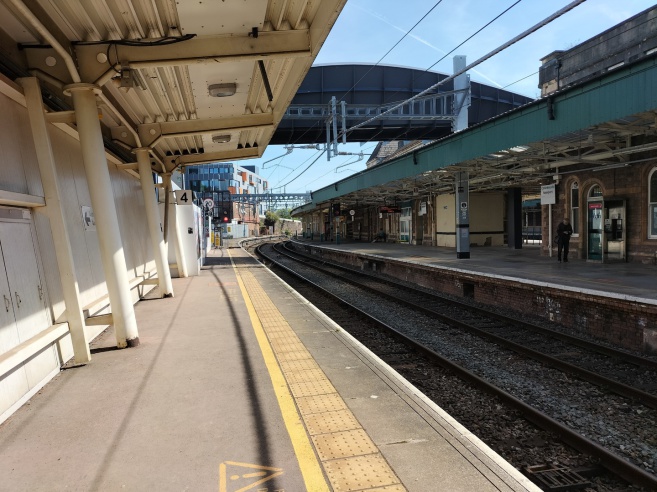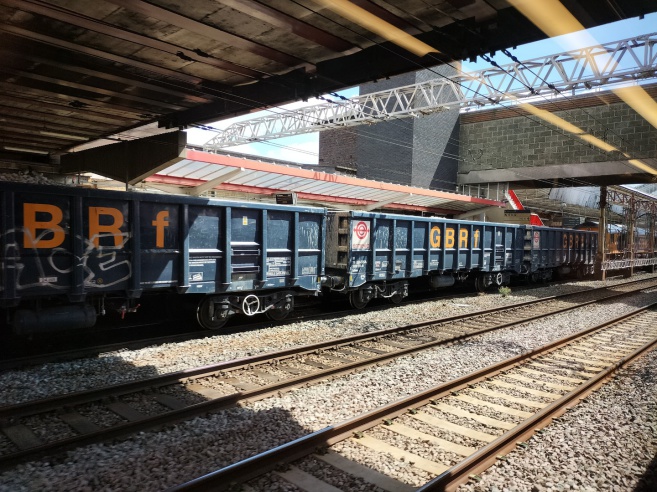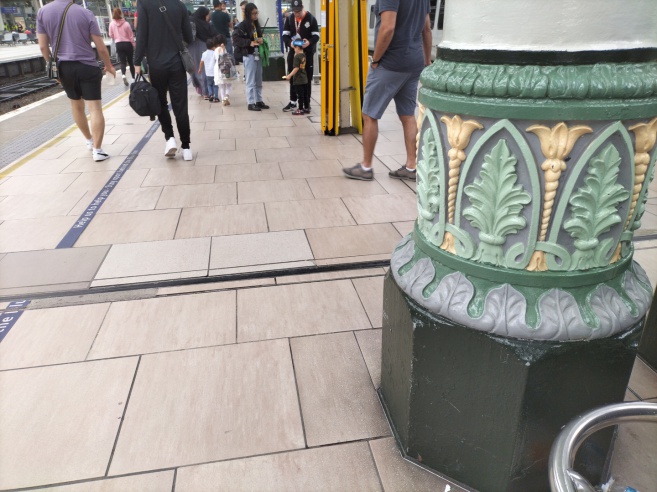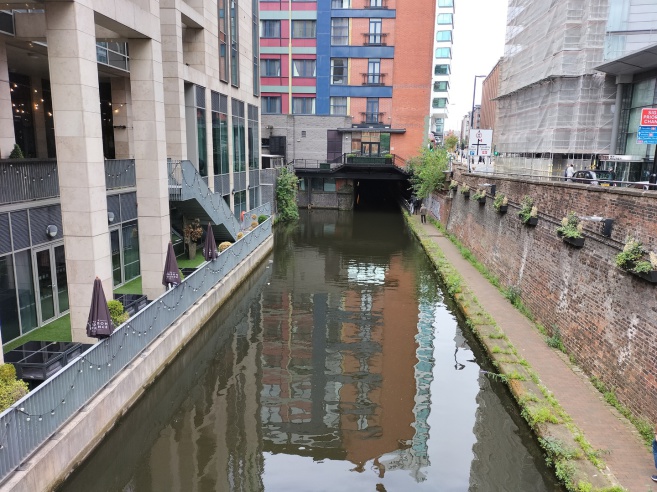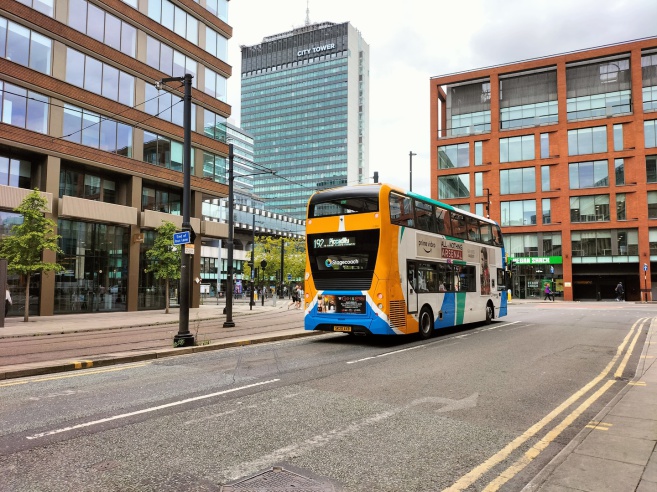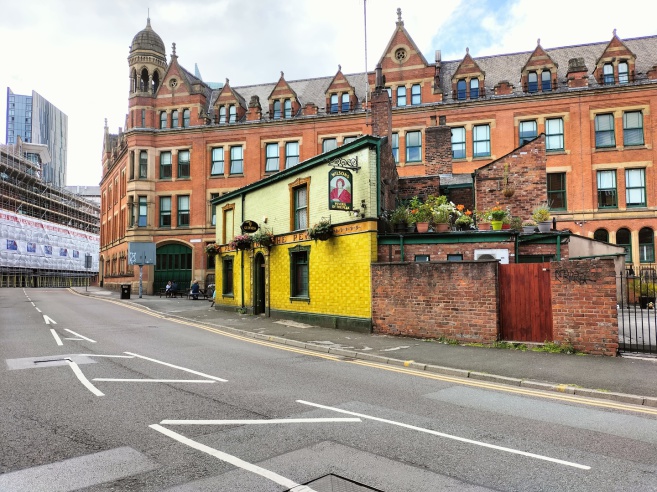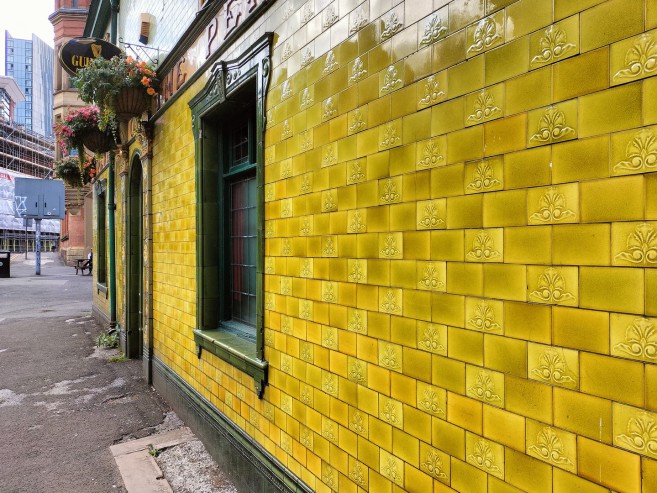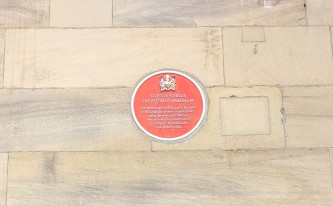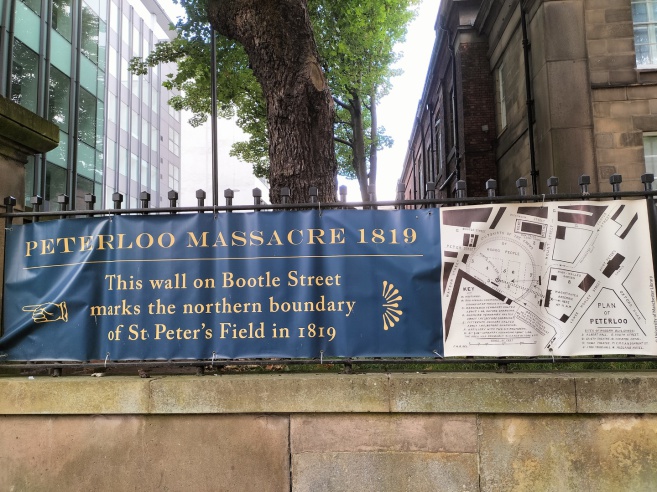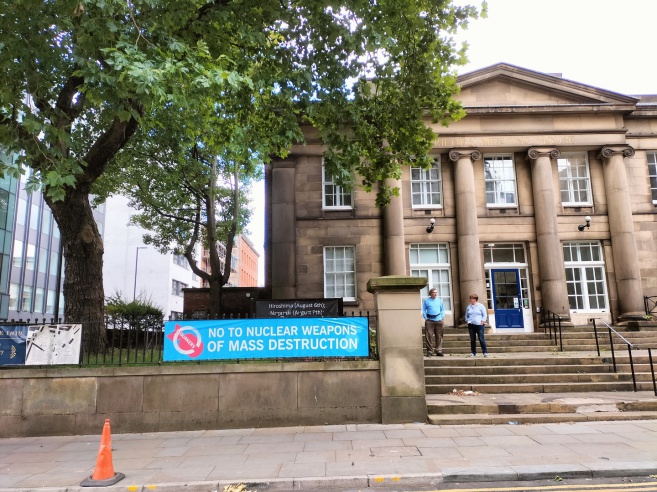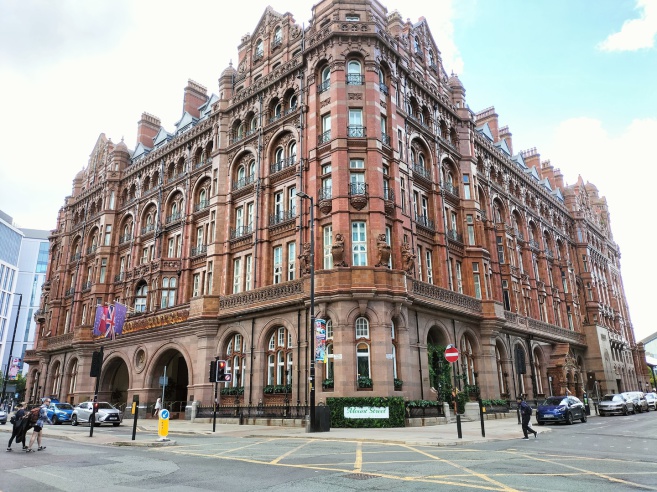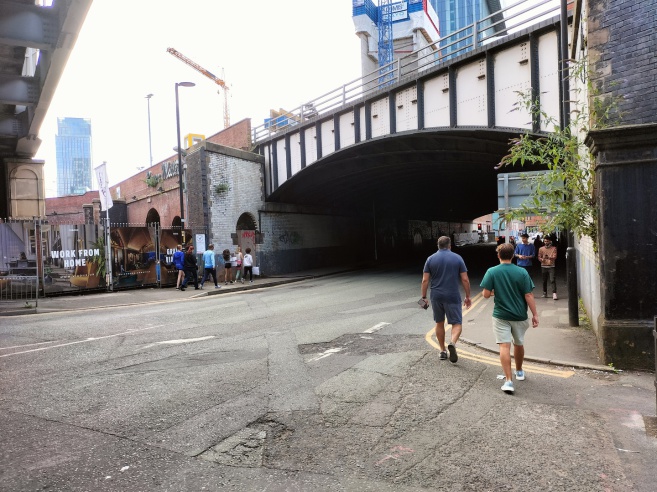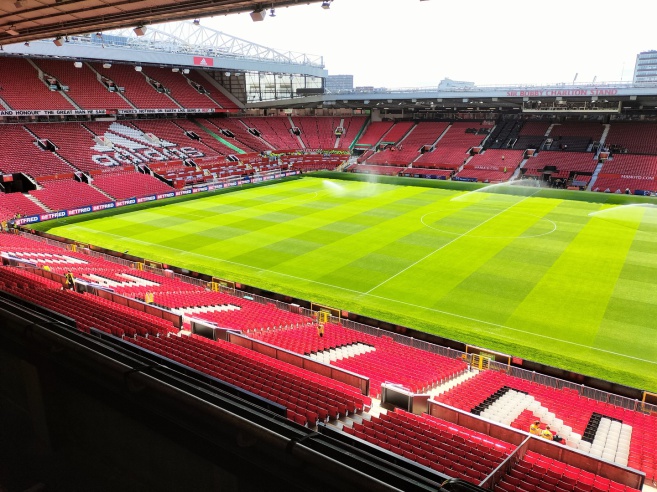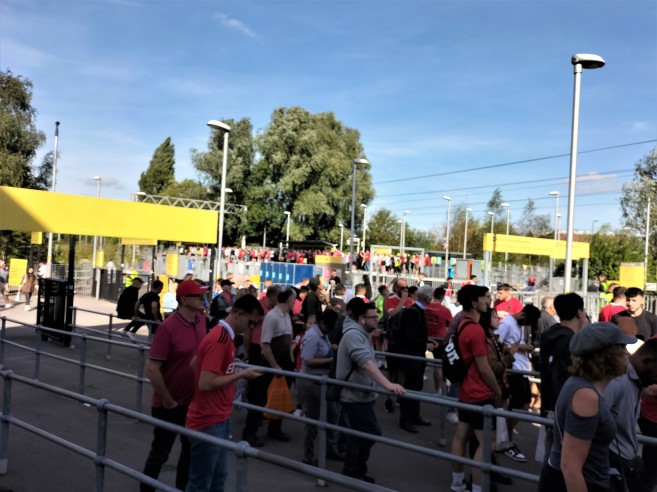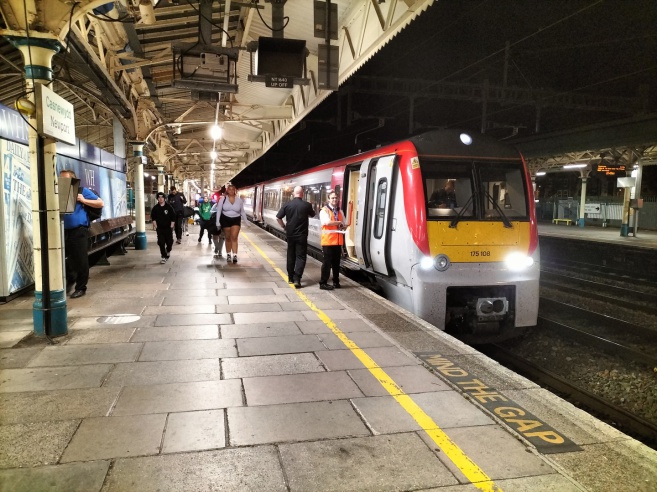Welcome to the Rudloe and environs website.
Here you will find news, articles and photos of an area that straddles the Cotswold Area of Outstanding Natural Beauty in north-west Wiltshire.
Contributions in the form of articles or photos are welcome. Even those with completely contrary views to mine!
Thanks to the website builder 1&1 and Rob Brown for the original idea.
Rudloescene now, in January 2014, has a sister, academic rather than anarchic, website about Box history here: http://www.boxpeopleandplaces.co.uk/
It contains thoroughly professional, well-researched articles about Box and its people.
Contact rudloescene through the 'Contact' page.
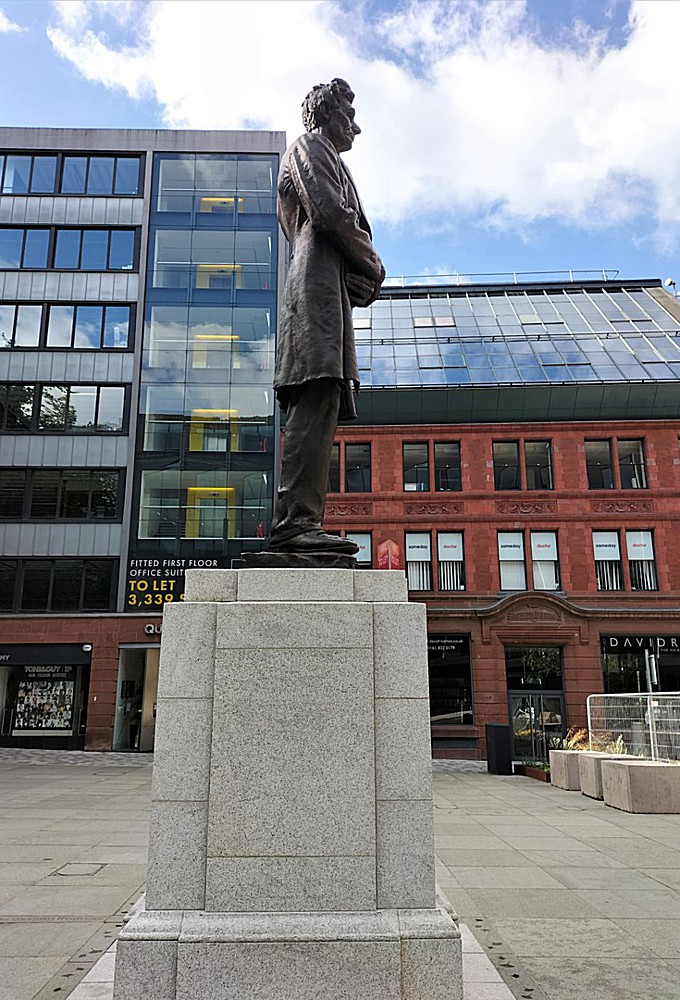
The first weekend (August 6/7) of the 2022/23 Premier League season found us in Manchester for the Bashu Jolly match against Brighton. Being the more civilized way to travel, we decided to take the train but blimey, it is expensive. In order to half the journey cost, we took the German option from Wales. The devolved Welsh government subsidises rail travel to the benefit of its citizens (and others who take advantage) and the environment through Transport for Wales. So we ventured across the bridge to Newport for a Cross Country (operated by nationalized German company Deutsche Bahn) train to Manchester which ran along the Welsh Marches thence to Shrewsbury and Crewe. Unlike the expensive, English options, there were no changes of train required.
The title photos show two Manchester statues, one from the 19th century and the other, early-20th. Understandably perhaps, one is of William Gladstone (in Albert Square) who was prime minister when Manchester was at the height of its industrial power. The other is of Abraham Lincoln (in Lincoln Square). What? The inscription, shown in the third title photograph is a message to the 'working people of Manchester' commending them for their solidarity against the slave trade.
The plaque near St Peter's Square where 60,000 people gathered in August 1819 to demand parliamentary reform. Shortly after the meeting began, local magistrates called on the Manchester and Salford Yeomanry to arrest orator Henry Hunt and several others on the platform with him. The Yeomanry charged into the crowd, knocking down a woman and killing a child, and finally apprehended Hunt. Cheshire Magistrates' chairman William Hulton then summoned the 15th Hussars to disperse the crowd. They charged with sabres drawn, and contemporary accounts estimated that between nine and seventeen people were killed and 400 to 600 injured in the ensuing confusion. The event was first labelled the "Peterloo massacre" by the radical Manchester Observer newspaper in a bitterly ironic reference to the bloody Battle of Waterloo which had taken place four years earlier. (text from Wikipedia)
Did someone mention 'Taking back control'? Of the twenty Premier League clubs, only three are wholly owned by English nationals: Brentford, Brighton and Tottenham. All the rest are either wholly or principally owned by foreign nationals or entities. Is this the definition of control - the ability, without hindrance, to sell off to the highest bidder our infrastructure, whether football clubs, railway operating companies, utility companies or service companies (just a couple of local examples: Wiltshire Council's landscape contractor is French company idverde; Bath's waste contractor is French company Suez). Britain itself, the land and built environment has been devoured by foreigners (Swede Stefan Persson owns thousands of acres in Wiltshire and Hampshire including the bulk of the 8,800-acre Savernake Estate; the Al Maktoums (Dubai) own a 15,000-acre Pennine grouse moor; an Italian count (Padulli di Vighignolo) owns 25,000 acres in Norfolk, London, the Home Counties and North Yorkshire; the Mexican Zambrano family owns 25,000 acres at 500 locations in the UK; Swiss company LaFarge (cement) owns 50,000 acres; Hong Kong-based infrastructure investment company Cheung Kong owns the Northumbrian Water Group as well as UK Power Networks, which together have land holdings of 69,294 acres; Danish retail magnate Anders Holch Povlsen is Scotland’s largest landowner with 11 estates totalling 218,000 acres). And, of course, we know that much central London property is now in the hands of Russian oligarchs and Arab (and other) magnates and remains empty for most of the year (this is one of the drivers of the UK's unaffordable housing). Phew, I'm just off for a glass of water, supplied by Malaysian company YTL (aka Wessex Water).
